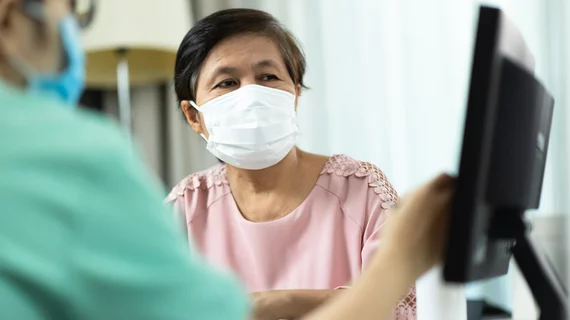New findings out of the University of Missouri suggests that the long-lasting impact of COVID-19 may not be quite as substantial as some researchers originally believed.[1] The study’s authors evaluated nearly 50 different symptoms to see if they were more common up to one year after a person has been infected with COVID-19. They found, however, that this was true of just seven symptoms: heart palpitations, chest pain, shortness of breath, joint pain, hair loss, fatigue and obesity.
The new analysis, published in Open Forum Infectious Diseases, was based on data from more than 52,000 patients treated at 122 different healthcare facilities throughout the United States. For each outcome, the team compared data on patients with a history of COVID-19 with a control group and with patients with a history of a generic viral respiratory infection.
“Despite an overwhelming number of long-COVID symptoms previously reported by other studies, we only found a few symptoms specifically related to an infection from SARS-CoV-2, the virus that causes COVID-19,” corresponding author Chi-Ren Shyu, PhD, director of the MU Institute for Data Science and Informatics, said in a prepared statement. “Before we examined the data, I thought we would find an ample amount of the symptoms to be specifically associated with long COVID, but that wasn’t the case.”
Co-author Adnan Qureshi, MD, a professor of neurology within the MU School of Medicine, noted that this research should help clinicians know what to look for when evaluating COVID-19 patients going forward. In addition, he said, it helps paint a better picture of what a COVID-19 infection can do to a person.
“The survivors still have symptoms that are at times disabling and preventing them from going back to work or the activities of their daily life,” he said. “This is not because the COVID-19 infection is still active, but instead the infection has caused long-term consequences, or sequelae, in the form of a post-COVID syndrome that could persist for months or even years. Our research was able to identify long-term sequelae that are distinctive to COVID-19 and separate the post-COVID syndrome from other post-viral syndromes.”

